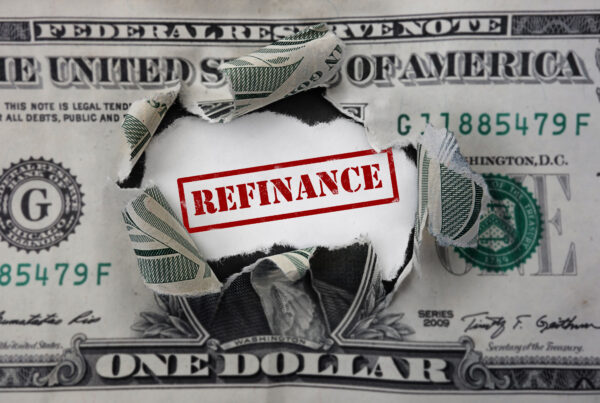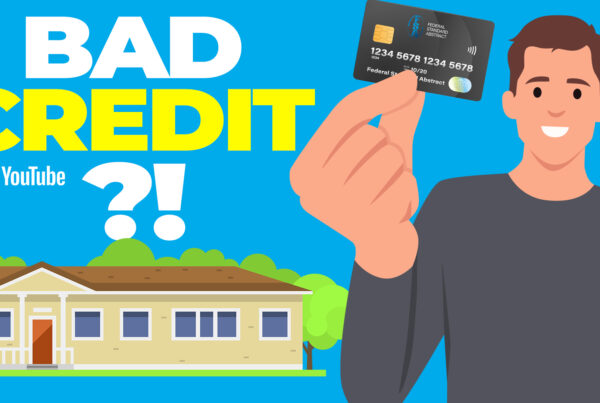Closing on a new home is a thrilling milestone in many people’s lives, but amidst the excitement, there’s a critical yet stressful final stage that all homebuyers face – the closing. This phase involves exchanging crucial paperwork and a hefty down payment and is naturally especially daunting for first timers. In an age where online transactions are becoming the norm, homebuyers need to be particularly vigilant.
The Growing Threat: Scammers Invading Your Home Sweet Home
The FBI reveals a disturbing trend: scammers are increasingly preying on homebuyers during this pivotal moment. Through sophisticated phishing schemes, they attempt to reroute your closing costs and down payment into a fraudulent account, cleverly manipulating your wiring instructions. Surprisingly, these scams have spiked by a staggering 1,100 percent between 2015 and 2017, resulting in nearly $1 billion in losses in 2017 alone.
The Scam Unveiled: How They Operate
Spoofed emails
Scammers target real estate professionals, compromising their emails to monitor conversations.
During the closing, they impersonate trusted parties via spoofed emails, providing false instructions for wiring funds.

Seller Impersonator Fraud Targeting Potential Buyers
This fraud often preys on properties that have been vacant for a while or are involved in complex family or legal situations. Here, a scammer pretends to be the rightful owner of a property by forging deeds or ownership documents. They then “sell” the property to an unsuspecting buyer and take the money.
How it Works:
- Scammers identify a property and pose as its owner.
- Scammers then hire a real estate agent and list the property for sale.
- Scammers forge ownership documents and impersonate the notary to complete the closing.
- After the closing, the buyer’s funds are wired to the scammer’s bank account.
Look for these Red Flags to Avoid Falling Victim:
- The concerned property is not occupied by the owner or is vacant land.
- The seller communicates strictly via email or text and refuses to verify his identity through in-person meetings or video chat.
- The listed property is below market value and the seller accepts all-cash buyers only.
- The seller rushes to close and readily accepts almost all terms during the negotiation.
Real estate transactions involve large sums of money, making them a lucrative target for scammers. As potential buyers and sellers, your best defense is awareness, diligence, and using trusted partners in your transaction. Remember, if something feels off or seems too good to be true, it probably is. For further queries, feel free to contact us at Federal Standard Abstract.
How to Avoid Falling Victim:
- Choose two reliable individuals (like your realtor or settlement agent) to confirm closing details.
- Discuss the process and secure money transfer protocols in person or over the phone.
- Create a secret code phrase known only to these trusted parties for future identity confirmation.
- Always double-check wire instructions directly with your title company or attorney, preferably through a phone call using a number you sourced independently.
- Do not share sensitive financial information in emails. If you must do so, make sure to use encrypted email services. Avoid sharing financial details over email; it’s never secure.
- Be cautious during phone conversations; scammers might impersonate professionals.
- Refrain from clicking links or downloading attachments without confirming their legitimacy.
- Be wary of any last-minute changes or urgency in wire transfer instructions.

Caught in the Trap: What to Do if You’re a Victim
Act Swiftly:
Contact your bank or wire-transfer company immediately; request a wire recall.
Speedy reporting enhances your chances of recovering your money.
Seek Help:
File a complaint with the FBI through www.ic3.gov.





